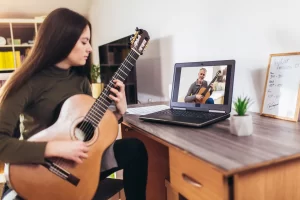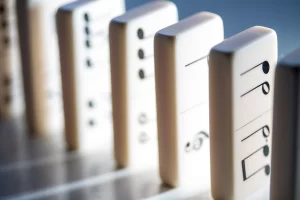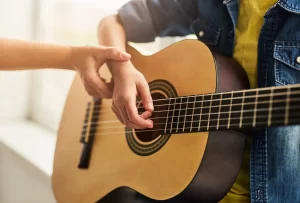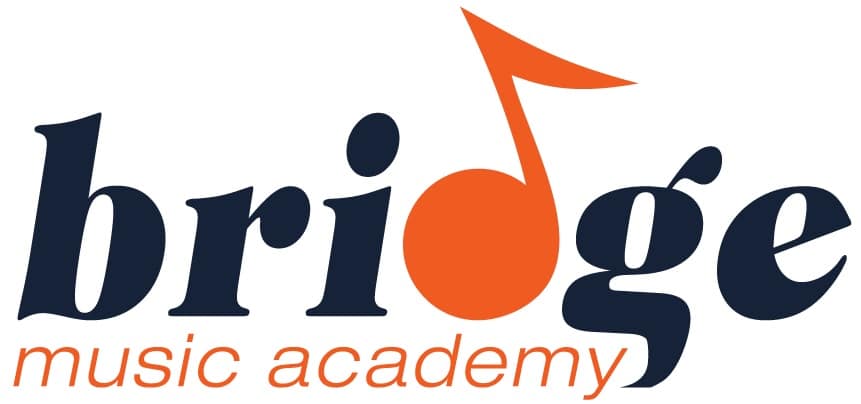
The piano has a rich history, dating back several centuries. It has been the instrument of choice for many famous composers and musicians, contributing to an extensive repertoire of classical and contemporary music.
While mastering the piano can be a lifelong pursuit, it’s relatively accessible for beginners. The layout of the keyboard is logical and easy to understand, and it doesn’t require the same physical dexterity as some other instruments.
The naked truth that ‘passion without hard work makes a talent stationary’, applies to the pianist as well. The legendary pianist Vladimir Horowitz once said, “If I don’t practice for a day, I know it. If I don’t practice for two days, the critics know it. If I don’t practice for three days, the public knows it.”
The amount of practice required to become proficient at playing the piano varies widely depending on several factors, including your goals, natural aptitude for music, the level of proficiency you want to achieve, and the quality of your practice.
Here’s a rough guideline for different levels of piano playing:
Basic Proficiency: For basic proficiency where you can play simple songs and read sheet music, it might take anywhere from 6 months to a year of consistent practice, which could amount to 30 minutes to an hour of practice per day.
Intermediate Level: To become an intermediate-level pianist, where you can play more complex pieces and have a good grasp of music theory, it usually takes several years of regular practice. This could involve 1 to 2 hours of daily practice over a period of 2-4 years.
Advanced Level: Achieving an advanced level of piano playing, where you can perform challenging classical compositions or intricate jazz pieces, often requires 5-10 years or more of dedicated practice. Advanced pianists often practice 2 to 4 hours a day or more.
Concert Pianist or Professional Level: To reach the level of a concert pianist or professional musician, it can take a lifetime of practice and dedication. This may involve 4 to 8 hours or more of daily practice for many years.
How Bridge Music Academy mentors’ pianists:
At Bridge Music Academy, our commitment to nurturing pianists, whether they are budding talents or seasoned professionals, is unwavering. We believe that excellence in piano playing is achieved through a blend of expert guidance and personalized mentorship. Our dedicated team of experienced instructors provides a supportive and enriching environment, tailoring their approach to cater to the unique goals and skill levels of each student.
From the basics of hand placement and note reading to the nuances of advanced repertoire interpretation, our mentors empower pianists to explore their full potential. Through a combination of one-on-one lessons, group sessions, and performance opportunities, we ensure that every pianist receives the individualized attention and resources needed to excel in their musical journey. At Bridge Music Academy, we bridge the gap between aspiration and achievement, guiding pianists to reach new heights in their musical endeavors.
Bridge Music Academy emphasizes that the quality of practice is just as important as quantity. Regular, focused, and deliberate practice is more effective than simply spending long hours at the piano. Additionally, taking lessons from a qualified teacher can significantly accelerate your progress.
Keep in mind that everyone progresses at their own pace, and there’s no fixed timeline for becoming a pianist. The key is to set achievable goals, practice consistently, and enjoy the journey of learning and making music.







